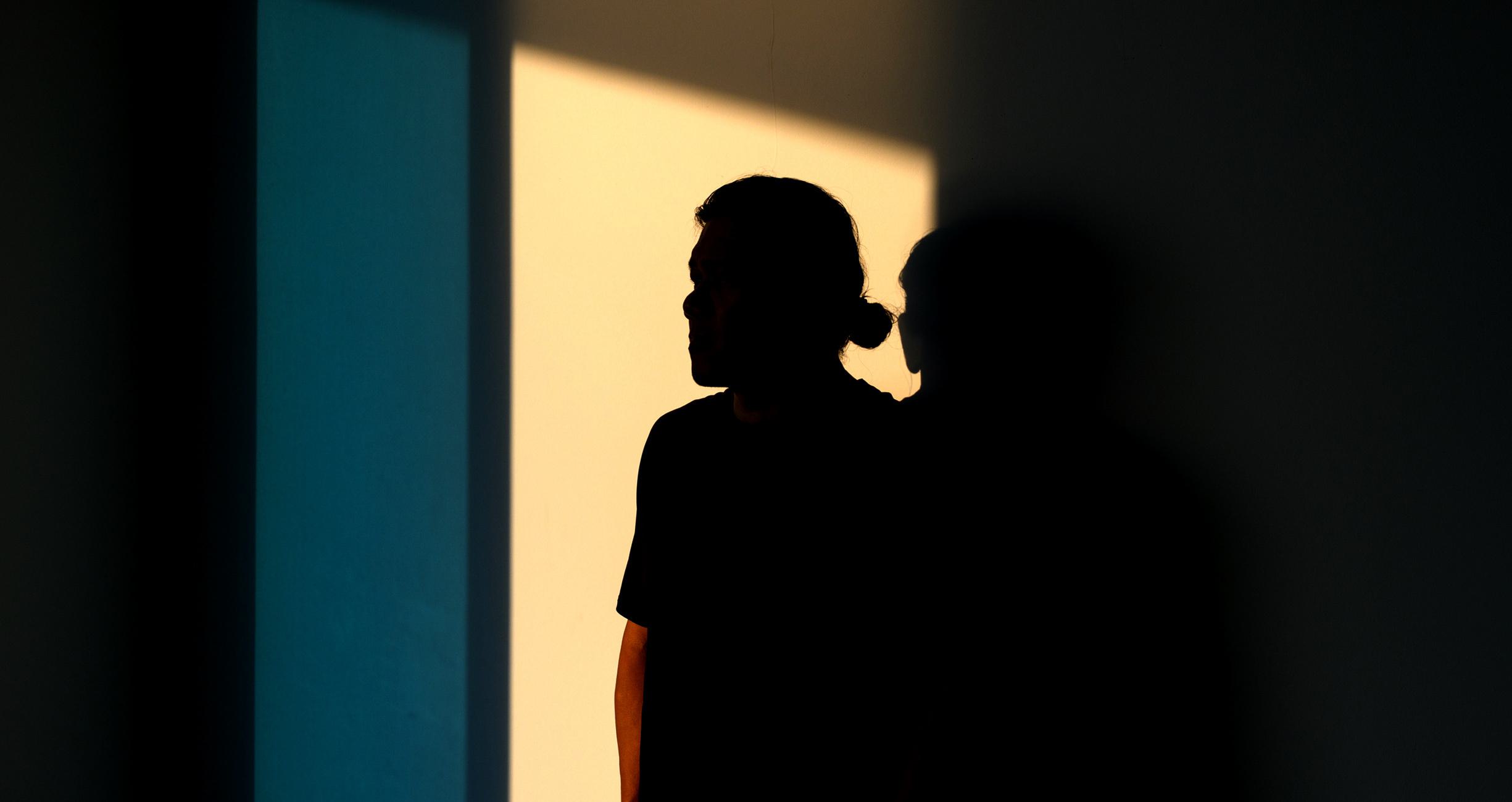I Grew up Undocumented. This Is What It’s Really Like.
After years of feeling erased, having a lawyer to fight for me changed my life. Everyone deserves the same chance.
By Andres*
If there’s one thing I’ve learned about the United States immigration system, it’s that even those of us who work in immigration can find it incredibly overwhelming. The forms, deadlines, and constant policy changes can make anyone’s head spin.
But my experience wasn’t just professional; it’s been deeply personal.
I moved to New York City from Ecuador in March 2001 with my family. After a few years, we overstayed our visas—not because we meant to, but because the immigration lawyer we hired took nearly $10,000 from us and botched our case. He even listed my 10-month-old brother as the head of our family on our application—a mistake so absurd that we’re still unsure whether it was due to incompetence, malpractice, or straight-up malice.
And just like that, we became undocumented.
Realizing what it meant to be undocumented
For most of my childhood, being undocumented didn’t feel all that different. I grew up in New York City, learned English, went to school, made friends, and lived my life without thinking much about my immigration status. That changed when I joined a college trip to visit different universities. As I walked through campuses, hearing about application deadlines and financial aid, it hit me: I wouldn’t be able to apply to any of these schools. No financial aid. No Social Security number. No future.
Thankfully, I lived in New York City, where the City University of New York (CUNY) system allowed me to continue my education at Macaulay Honors College despite my legal status. But as graduation neared, the limitations became clear again. No work authorization. No ability to travel. The constant fear that a simple encounter with law enforcement could end in deportation.
Then came DACA
When Deferred Action for Childhood Arrivals (DACA) was announced by President Obama in 2012, during my junior year of college, it felt like a lifeline. DACA protected me from deportation and allowed me to work and pay taxes, no longer having to live in the shadows. With the help of a friend who had recently become a lawyer, I was able to apply for DACA and navigate the arduous process. Suddenly, I could work legally and was less afraid of being deported for jaywalking or taking a domestic flight. Yet the uncertainty of the program was always looming and never went away. Every court case and election reminded me that my status wasn’t permanent.
Eventually, I was lucky enough to adjust my immigration status. Knowing how close I had come to losing everything, I committed myself to giving back. I pursued a degree at the Harvard Kennedy School, focusing on human rights and migration, determined to help fix our broken and cruel immigration system.
Having a lawyer changed my life
When my family first tried to navigate the immigration system, we were taken advantage of. We trusted the wrong person, lost most of our money, and ended up worse off than when we started.
So when it was finally time for me to apply for DACA and, years later, for citizenship, I wasn’t taking any chances. First, I went to my lawyer friend, and then I turned to CUNY’s Citizenship Now! program. And let me tell you—even with my education, training, and everything I know about immigration, having a lawyer was a game changer. The system is just that complicated. Having someone by my side to double-check my application, ensure I wasn’t missing anything, and walk me through the process was invaluable.
Last April, after more than two decades of uncertainty, I finally became a U.S. citizen (cue the fireworks and apple pie).
Everyone deserves the chance I had
If a Harvard-educated immigration advocate with years of experience still needed legal support, imagine what it’s like for everyone else.
My story had a happy ending, but that’s not the case for everyone. There are millions of people—many in far more vulnerable situations—who have to navigate this process alone. Many don’t speak English. Many have faced unimaginable trauma. Many are in immigration detention. Most don’t even know where to start. And because of bad actors like the one my family encountered, many people fall victim to fraud or misinformation.
That’s why universal representation—guaranteeing the right to legal counsel in immigration court—isn’t just a nice idea, it’s essential. It’s the difference between staying with your family or being deported. Between safety and danger. Between justice and chaos.
And today, people in similar circumstances to what I was in years ago face even greater risks. The current administration’s indiscriminate and cruel deportation agenda means that more individuals—regardless of their ties to the United States, their contributions, or their potential eligibility for relief—are at risk of losing everything. Without a lawyer, their chances of navigating this system successfully are slim to none.
I was lucky. I got help. But no one should have to rely on luck to get a fair shot in a system this complex. Everyone deserves a lawyer. Everyone deserves a fighting chance.
*Name changed to protect identity.
Vera believes in using our platforms to elevate diverse voices and opinions, including those of people currently and formerly incarcerated. Other than Vera employees, contributors speak for themselves. Vera has not independently verified the statements made in this post.
